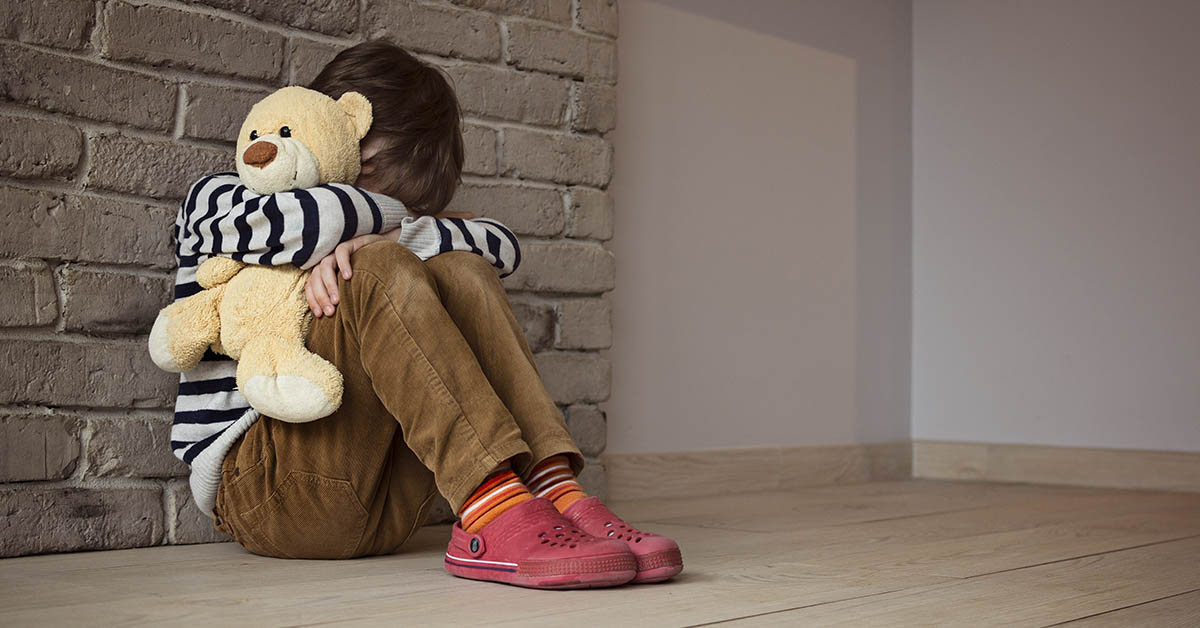IA charity organization shared a picture of a wish list written by a foster child in Oklahoma. Their caption reads, “When we think of how bad we have things, we MUST always remember the children who have nothing. Who NEED us.” Although they share no further information about the child, the list speaks volumes about the kind of home they may have been raised in. The items listed are so simple and so easy to provide, yet the child believed they were something they had to ask for. For those considering adopting or fostering a child, this list might be the deciding argument.
A Foster Child’s Wish List For His New Family
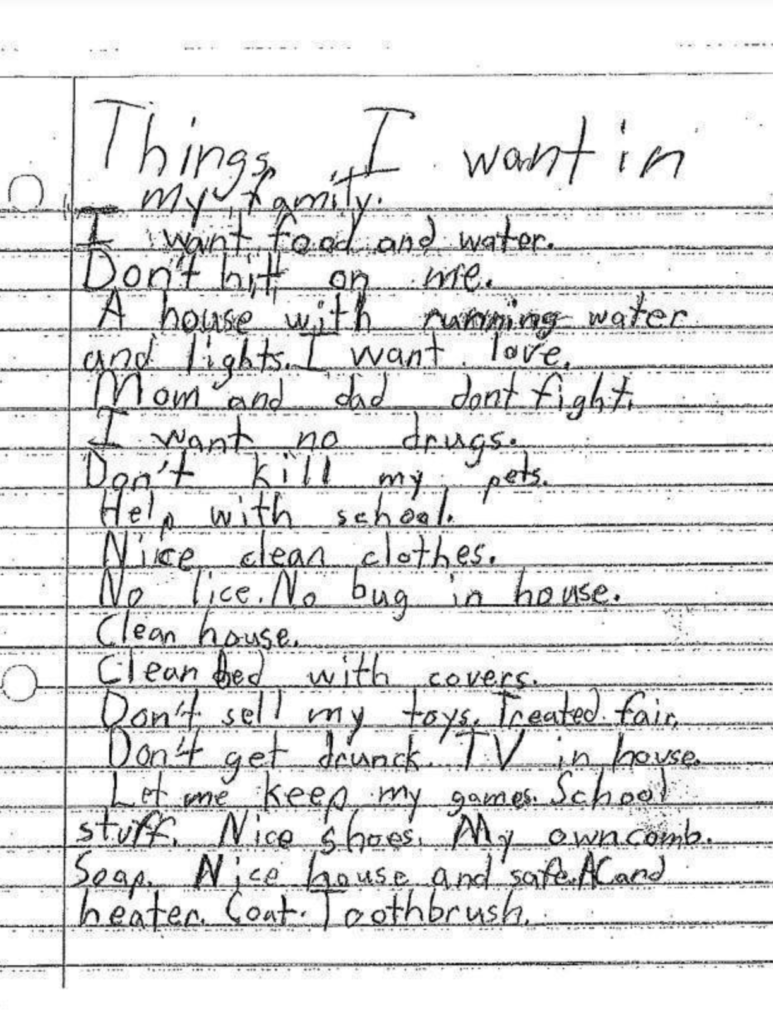
The charity organization Dreamcatchers for Abused Children’s mission is to educate about child abuse and help victims find resources to help them heal. They also provide information about symptoms of child abuse to look out for, intervention methods, prevention tactics, children’s rights, and safety, as well as share stories about these issues. [1] Stories about abused children are horrifying and painful to read about. But a few words written by an abused child can strike even more deeply. This was definitely the case when Dreamcatchers for Abused Children shared one foster child’s family wish list and broke the hearts of everyone who read it.
“Things I want in my family: I want food and water. Don’t hit on me. A house with running water and lights. I want love. Mom and dad don’t fight. I want no drugs. Don’t kill my pets. Help with school. Nice clean clothes. No lice. No bug in house. Clean house. Clean bed with covers. Don’t sell my toys. Treated fair. Don’t get drunk. TV in house. Let me keep my games. School stuff. Nice shoes. My own comb. Soap. Nice house and safe. AC and heater. Coat. Toothbrush.”
Unfortunately, many children in the United States could write a similar wish list. Every year, over 4 million referrals go to child protection services for 4.3 million children in need. In just 2019, agencies found over 656,000 victims of child abuse. Even worse, state agencies estimated 1,840 children died from abuse and neglect in just 2019. That’s five kids a day on average, and some studies show that these numbers are significantly undercounted. [2]
Read More: Adopted son repays kind couple who took him in with 7-bedroom mansion
Signs of Child Abuse
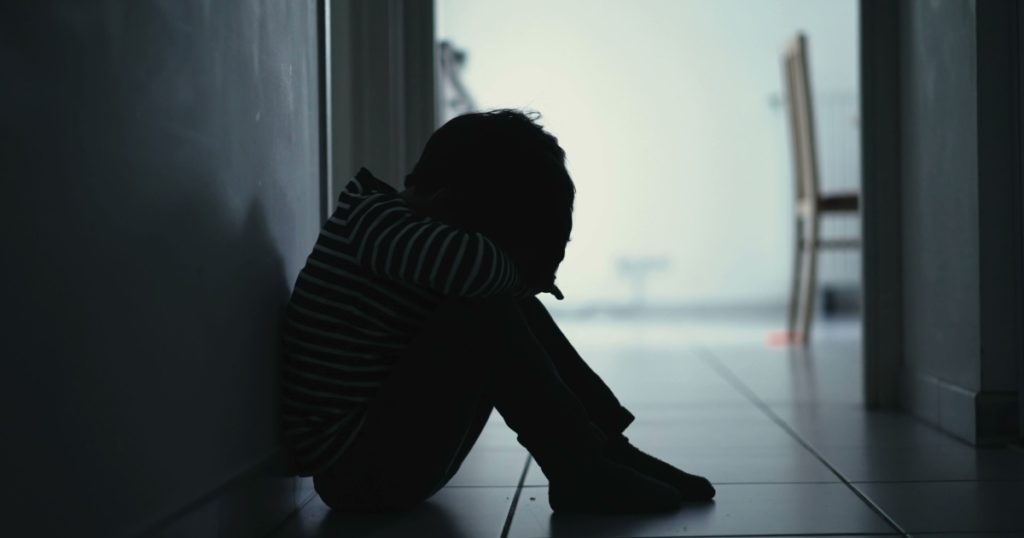
Child abuse can come in many forms, but all can negatively impact the victim’s health and well-being. It could come in the form of physical abuse, emotional abuse, sexual abuse, medical abuse, or neglect. Knowing the signs for each one can save a child from further maltreatment. These can include:
- Looking unclean or neglected
- Unexplained bruises or welts that don’t seem to heal
- Untreated medical problems
- Fear of parents or caregivers
- Crying often or in situations that seem inappropriate
- Regressing into behaviors of a younger child
- Acting withdrawn
- Trouble learning and concentrating
- Frequent absences from school
- Sudden change in behavior
- Overachieving or acting overly eager to please
If you suspect a child is a victim of abuse, call 911 in the case of immediate danger. In other cases, call a local child protective agency, police, or The Child Help National Child Abuse Hotline (1-800-422-4453). Additionally, keep the child away from the abuser until help arrives, and ensure further contact is supervised, but never threaten the abuser or take the law into your own hands to stop the situation. [3]
Why You Should Consider Fostering or Adopting Children
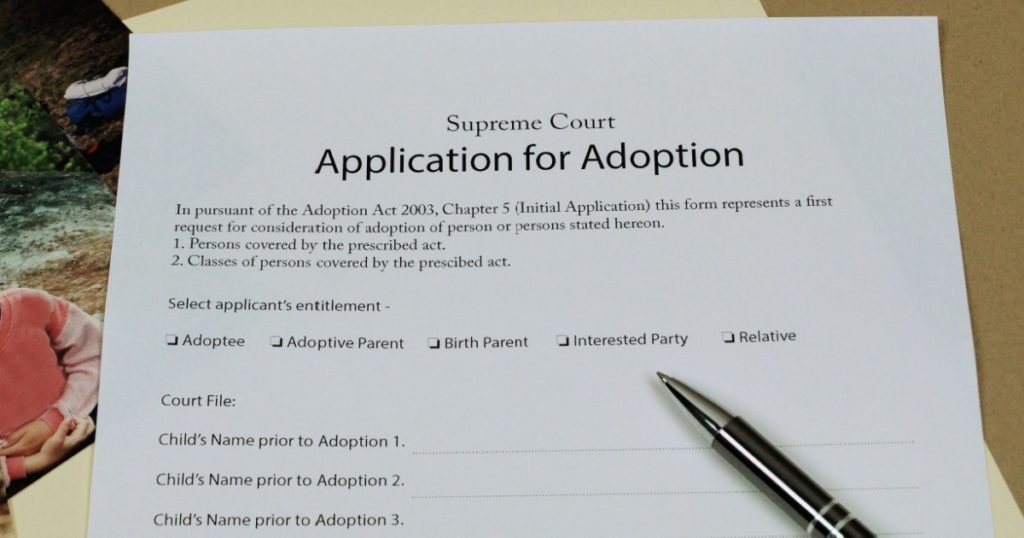
There are many reasons children go into the foster system, abuse and neglect are just one of many. Sometimes children are abandoned, orphaned, or have parents in prison. In any situation, the result is always the same: a child in need. Sometimes they need a temporary home where they can heal and feel loved, and sometimes they need a forever family. There are many things to research and consider before taking in a child; it’s not a light decision but it’s often an extremely rewarding one.
Read More: Police Officer Adopts Baby Found in Safe Haven Baby Box
Some considerations are universal to fostering and adopting
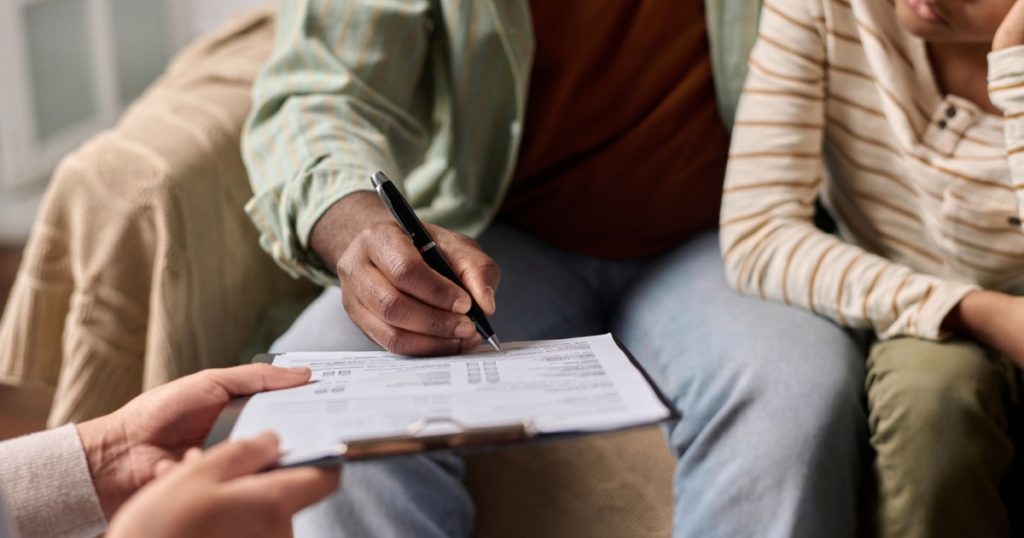
For instance, everyone in the household needs to be on board, including the biological children. The decision will greatly affect everyone and if someone is unwilling, they can create an unwelcoming and resentful environment. Additionally, children, especially those from a traumatic background will need endless patience, support, and love, as well as their physical needs. They will need quality time, emotional energy, and financial security.
For fostering specifically, parents need to manage their expectations. For instance, they must be prepared for the child to be unhappy throughout their stay. Many people assume the child will be grateful and relieved but this is rarely the case. The kids only know their previous home situation and may think abusive behavior is normal. Therefore, parents should also prepare for the children to act sad, angry, and resentful, while not taking it personally—which can be very difficult. And foster parents need to be able to say goodbye to their children when the time comes. [4] However, when it comes to adopting, parents need to be completely committed. Despite all of the challenges that may arise, they must not be deterred. [5]
Giving a Child a Family

Overall, parents—adoptive or fostering—should have a lot of love to give. They should want to provide the children with a loving home and family. They should be willing to forgive the kids’ faults while staying determined to help them heal and feel happy. If you’re interested in fostering or adoption, do thorough research about the process and requirements.
Read More: Young Mom Blessed with Quadruplets Only Weeks After Adopting 4 Foster Children
Sources
- “Dreamcatchers for Abused Children.” Facebook.
- “Child Abuse Statistics” Child Help.
- “Child Abuse.” Cleveland Clinic. September 30, 2020
- “Deciding If Fostering a Child Is for You.” Very Well Family. Carrie Craft. June 29, 2022
- “5 Reasons Why You Should Consider Adopting a Child.” Very Well Family. Carrie Craft. December 3, 2020
